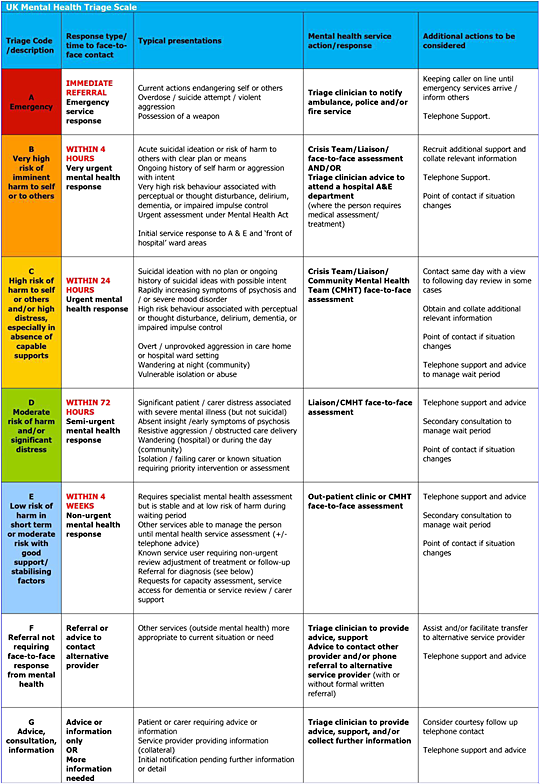Q Exchange
Using a Passer Rating score as a triage outcome measure
- Proposal
- 2024
Meet the team
What is the challenge your project is going to address and how does it connect to the theme of 'How can we improve across system boundaries?
The challenge in triage as in so many areas of modern healthcare is to design, compile or otherwise create fair and effective outcome measures. One topical and important aspect is to move away from using targets that ignore or diminish the value of incremental system improvement.
The sport of American Football has employed the passer rating score pretty much unchanged over 40 years. Perfect scores are still achieved by individual quarterbacks but a habit of consistency, the skills of other players and some degree of luck all contribute to overall team success.
The passer rating is calculated from actual data in each game (attempted throws, completions, touchdowns and interceptions) and compared with a baseline average. Using straightforward adjustments these measures are compared with an average and then rated as average or above or below.
If equivalent data is taken from triage allocations, surely a similar calculation could allow comparison between services?
What does your project aim to achieve?
 The overall aim is to develop a fair method of comparison that is not in itself a target. In the sport of American Football the passer rating will employ data that is readily measured: attempted throws, completions, touchdowns and interceptions.
The overall aim is to develop a fair method of comparison that is not in itself a target. In the sport of American Football the passer rating will employ data that is readily measured: attempted throws, completions, touchdowns and interceptions.
It is self evident that seeking improvement within each measure (noting an intention to minimise interceptions, ideally to zero) will benefit a passer rating score. The complexity of the game offers many opportunities to develop such improvements.
When applied to a process of triage, in our case mental health triage, I propose that confirming that each patient concerned in referrals under categories B, C and D have been assessed is at least reasonable. If one takes category B referrals as reflective of a higher risk, then a missed assessment represents the equivalent to an interception.
In the broadest sense the aim is to improve patient care (see also sharing below).
How will the project be delivered?
In keeping with the measurements used in the Passer Rating, the intention is to capture the date and the time of individual assessments across the local mental health service. Data is already captured centrally about numbers of completed calls to 111 press2 for each Health Board area as well as allocations to the following triage categories: A, B, C and D (see also sharing below).
However review and analysis of local data will be required to establish when each assessment took place related to the timescale guidance. When this local data is compared to the average baseline performance an estimate of a ‘Passer Rating’ for any service can be made.
Ultimately a view can also be taken about the appropriateness of any onward referral into mental health services. Meanwhile collated data has revealed that the majority of completed 111 press2 calls (@60% ) are in practice concluded by provision of advice or information.
How is your project going to share learning?
Considerable effort and care was taken to produce the UK mental health triage scale. Reliability data was published in 2014 and the scale itself can be accessed:
ukmentalhealthtriagescale.org
Additional training materials can be accessed through Apple books searching for author Robert Colgate. The implementation of the 111Wales press ‘2’ relied heavily upon a central direction to adopt this mental health triage scale in each Health Board area across Wales.
The triage scale considers a variety of factors but with an emphasis upon patient need and a risk assessment at the point of referral (rather than weekly allocation or decisions dependent upon diagnosis). An emergency service option is included (category A) and referral elsewhere (category F) or advice / information only (category G).
To complete the scale, routine would be category E while the timescales for categories B, C and D are within four hours, within twenty four hours and within seventy two hours.
How you can contribute
- I would be especially interested in ideas to promote engagement with colleagues across Wales. I have used music and visual cues in the past - ‘three is a magic number’ by Jack Johnson comes to mind.
- Suggestions for other relevant musical or auditory pieces are welcome as are works of visual art, sculpture or other forms of expression that have not yet been considered.
Plan timeline
| 30 Jun 2024 | Confirm baseline average for referral categories B, C and D. |
|---|---|
| 31 Jul 2024 | Confirm local average for referral categories B, C and D. |
